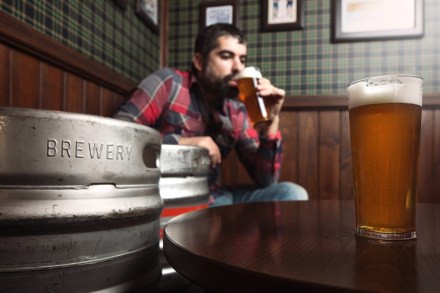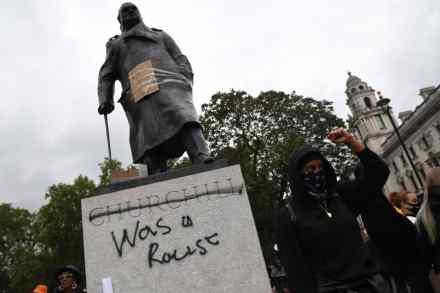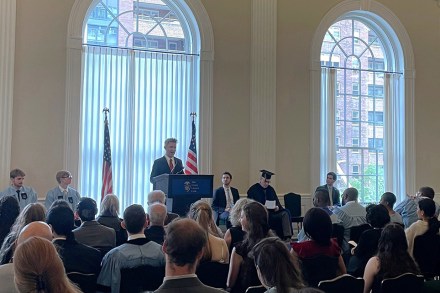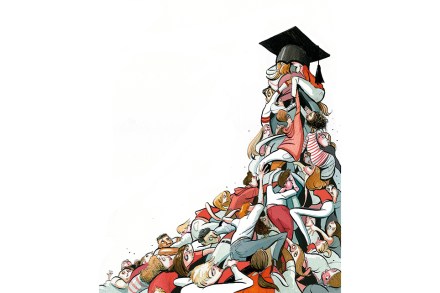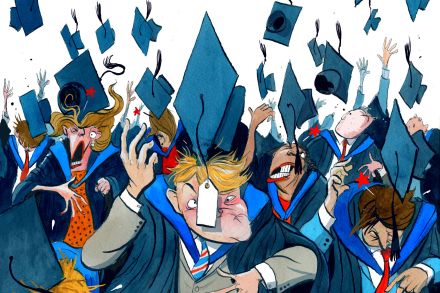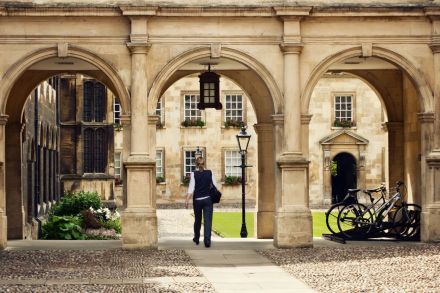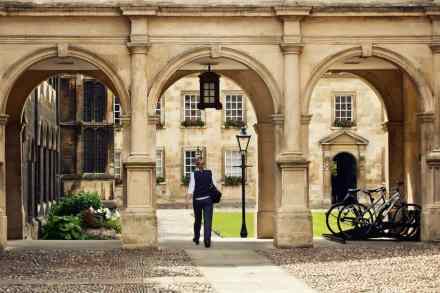Pity the perpetual student
I can’t remember the exact date of my departure from university. It was sometime in the summer of 2021. My flatmates and I packed up our things, had a sombre pint at the pub, hugged, and then went our separate ways. I boarded the train at Bristol Temple Meads with a degree in English and Philosophy and no feasible job prospects. I was also broke. Three years had come to a precipitous end, and it was time to move back home. I was worried about my future. The thought of becoming a bum terrified me: the sort of graduate who day drinks, listens to Limp Bizkit, starts a true crime
